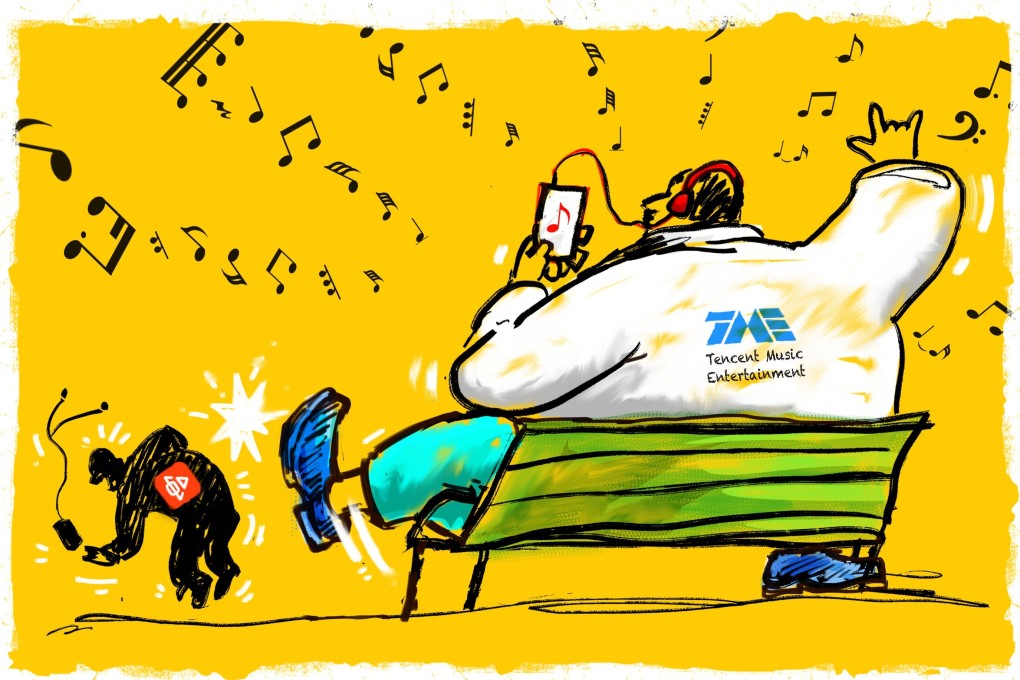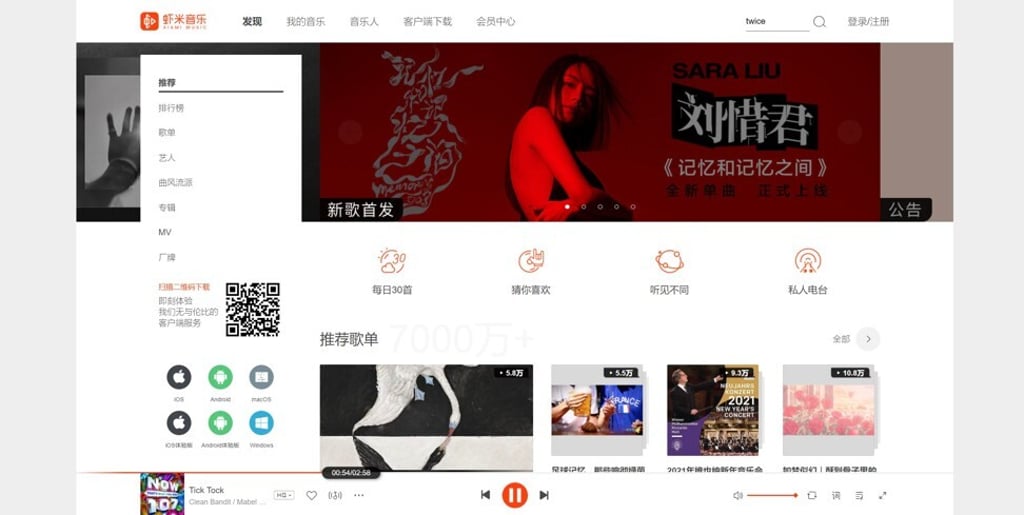What the demise of music streaming platform Xiami says about China’s internet industry
- Once a leader, Xiami saw its monthly active users (MAUs) fall to 22.4 million by October 2020, a tiny fraction of the 450 million for Tencent’s three music apps
- Founder Wang Hao’s laid back style was reflected in Xiami’s philosophy of focusing on the music first but it may have also contributed to the decline

Xiami Music, the pioneering Chinese music streaming service owned by Alibaba Group Holding (which owns the Post), will close next month after management admitted it missed “crucial opportunities” in the battle with rival Tencent Music.
The story of Xiami is a cautionary tale of how a new product can win the hearts and minds of users but still fail in the marketplace despite being part of a much bigger corporation with deep pockets.
It also reminds many of a time when the Chinese internet was less concerned about making money and more focused on building businesses with innovative ideas.
Xiami went from one of the top streaming platforms a few years ago to a distant laggard, with monthly active users (MAU) falling to 22.4 million by October 2020, a tiny fraction compared with an MAU of more than 450 million for Tencent’s three main music apps, according to analytics firm Trustdata.
“We failed to satisfy the diversified needs of our users by acquiring proprietary music content. This is our biggest regret,” Xiami said in a statement last week.
When asked for further comment, Alibaba referred to Post to the statement issued by Xiami.
